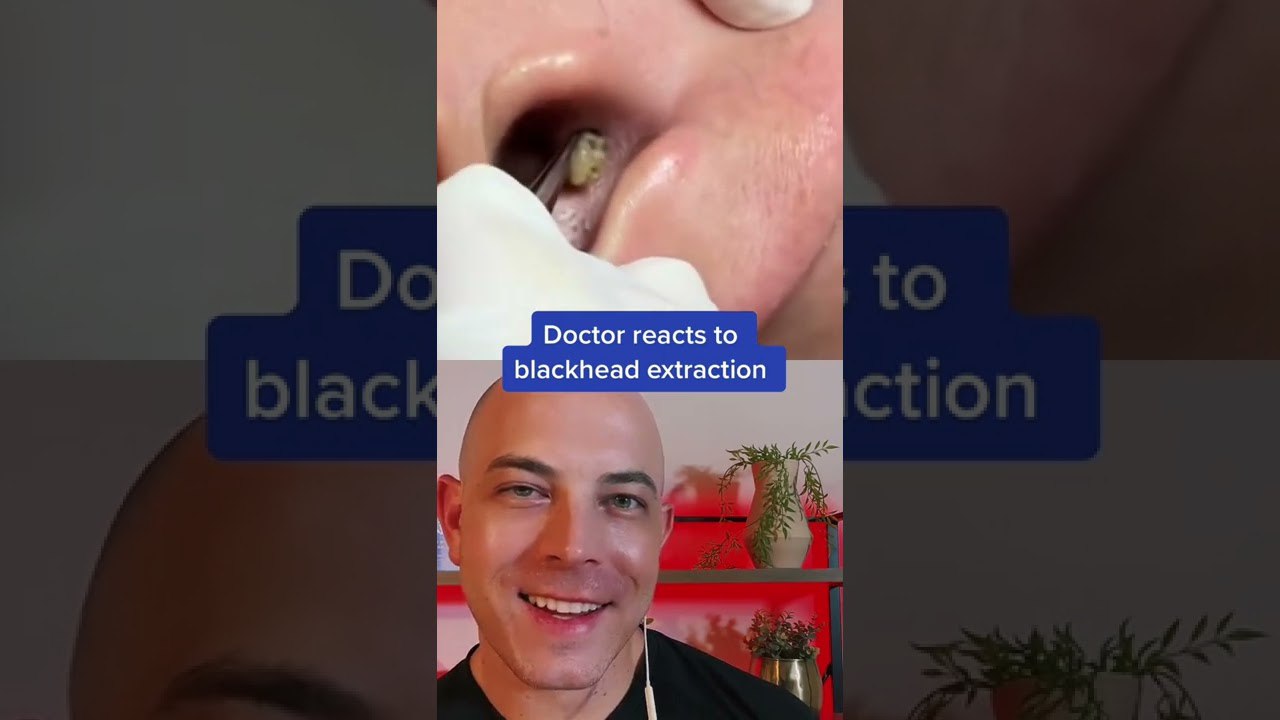This is What Your Remove Blackheads Should Popping
Blackheads are a common skin concern, particularly for those with oily or combination skin. They form when hair follicles become clogged with excess oil, dead skin cells, and bacteria. While it may be tempting to pop these pesky blemishes for instant gratification, there are better and safer methods to remove them without risking skin damage or infection.
Understanding Blackheads
Blackheads are essentially open comedones. Unlike whiteheads, which are closed and can remain under the skin, blackheads are exposed to air, which causes the buildup of melanin to oxidize, giving them their characteristic dark appearance. They can occur anywhere on the body, but are most commonly found on the nose, forehead, and chin—areas that tend to be oilier.
The Risks of Popping Blackheads
While popping blackheads might seem like a quick fix, it often leads to more problems than solutions. Here are some risks associated with the practice:
- Infection: Squeezing a blackhead can push bacteria deeper into the skin, leading to infections or even cystic acne.
- Scarring: Improper removal techniques can cause scarring or hyperpigmentation, leaving marks that are difficult to fade.
- Inflammation: Popping can irritate the skin, leading to redness and swelling, which may exacerbate the problem.
- Worsening Clogged Pores: By using fingers or tools that aren’t sterile, you can introduce more bacteria to the area, leading to further breakouts.
Safe Alternatives for Blackhead Removal
Instead of popping blackheads, consider these safer alternatives:
- Gentle Exfoliation: Regular exfoliation can help remove dead skin cells and prevent clogged pores. Look for chemical exfoliants containing salicylic acid or glycolic acid, which penetrate the pores and dissolve the debris.
- Clay Masks: Clay masks can help draw out impurities and excess oil from the skin. Use them once or twice a week for best results.
- Pore Strips: While not a long-term solution, pore strips can temporarily remove blackheads from the surface of your skin. However, they do not prevent future blackheads from forming.
- Professional Extraction: If you’re struggling with stubborn blackheads, consider visiting a dermatologist or licensed esthetician. They have the tools and training to safely extract blackheads without damaging your skin.
- Retinoids: Over-the-counter or prescription retinoids can help prevent the formation of blackheads by promoting cell turnover and keeping pores clear.
- Oil Cleansing: Some people find success with oil cleansing, which can help balance oil production and keep pores clear. Look for non-comedogenic oils that won’t clog pores.
Preventive Measures
To minimize blackhead formation, incorporate the following habits into your skincare routine:
- Daily Cleansing: Use a gentle cleanser suitable for your skin type to remove excess oil and impurities.
- Moisturize: Even oily skin needs hydration. Choose a lightweight, oil-free moisturizer to keep your skin balanced.
- Sun Protection: Use sunscreen daily to protect your skin from UV damage, which can worsen skin issues over time.
Conclusion
While the urge to pop blackheads is understandable, prioritizing safe and effective methods will lead to healthier skin in the long run. By understanding your skin and using the right products and techniques, you can effectively manage blackheads without the risks associated with popping. Remember, patience is key; healthy skin takes time to achieve.
